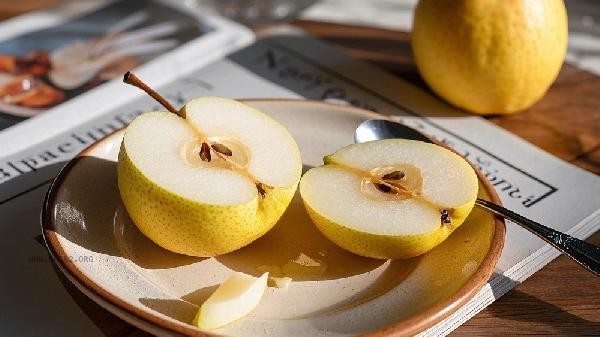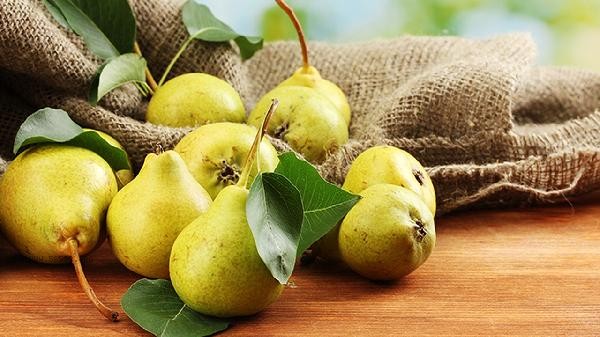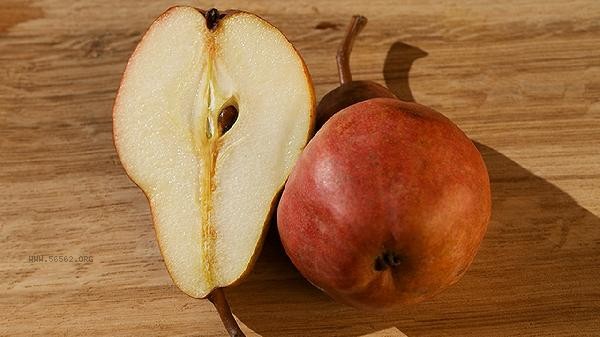If the pear skin turns black without decay or odor, it can generally be peeled and consumed. If the pear flesh also changes color, becomes soft, or emits a strange odor, it is usually not recommended to continue consuming it. The blackening of pear skin may be related to oxidation, low-temperature freezing damage, or microbial infection. During storage, the blackening of pear skin is commonly caused by collision damage or oxidative reactions. After peeling off the skin, the slightly blackened pear can still be safely consumed with uncontaminated internal flesh. The refrigerated environment may cause the shrinkage of pear skin pores and the appearance of brown spots, which does not affect the safety of consumption. Choosing pears with intact skin and no damage can reduce the probability of oxidation and blackening. Eating them as soon as possible after cutting can avoid flesh browning. When the pear skin turns black on a large scale accompanied by softening of the flesh, alcohol taste, or mold spots, it may have already undergone spoilage. Moldy pears can produce harmful substances such as penicillin, and even if the moldy part is removed, there is still a risk of contamination. Some varieties, such as Korla fragrant pear, are prone to freezing damage black spots after refrigeration, and the taste of these frostbitten pears will significantly deteriorate. Before consumption, carefully check the condition of the fruit pulp. If any abnormalities are found, they should be promptly discarded to avoid the risk of food poisoning. When storing pears in daily life, they can be wrapped in plastic wrap to slow down oxidation and avoid mixing with fruits such as apples that release a large amount of ethylene. Pears with slight browning are suitable for stewing or juicing, and high temperatures can inactivate some oxidase enzymes. For individuals with gastrointestinal sensitivity, it is recommended to completely remove the blackened area and observe for any discomfort such as abdominal pain before consumption. If you experience nausea and vomiting after ingesting spoiled pears, it is necessary to replenish fluids in a timely manner and seek medical treatment if necessary.












Comments (0)
Leave a Comment
No comments yet
Be the first to share your thoughts!